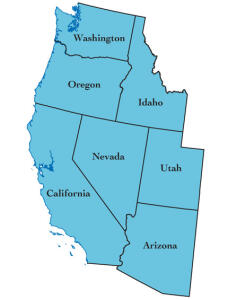The Supreme Court will soon consider whether to review what I see as an important Federal Circuit decision finding personal jurisdiction based solely on a patentee's use of Amazon's private patent enforcement system. In Lighting Def. Grp. LLC v. SnapRays LLC, No. 24-524 (petition filed Nov. 5, 2024), Arizona-based LDG submitted a patent infringement complaint against Utah-based SnapPower through Amazon's Washington-based Patent Evaluation Express (APEX) program. To be clear: this is a private arbitration system that relates to selling on Amazon - it is not a federal court case. Under APEX, Amazon notifies accused sellers who have three weeks to either participate in Amazon's evaluation process, settle with the patent owner, or file a declaratory judgment action - otherwise their listings are removed.
SnapPower sued in Utah federal court seeking a declaratory judgment of non-infringement and invalidity. However, the district court dismissed for lack of personal jurisdiction since LDG (an AZ company) had no contacts with Utah. On appeal, the Federal Circuit reversed, holding that LDG's use of the APEX system knowing it would affect SnapPower's Utah operations was sufficient to create jurisdiction there. The cert petition argues this conflicts with Supreme Court precedent requiring contacts with "the forum State itself, not the defendant's contacts with persons who reside there." Walden v. Fiore, 571 U.S. 277 (2014).
To continue reading, become a Patently-O member. Already a member? Simply log in to access the full post.
